- Whose judgment do you trust more, that of the American people or America's political leaders?
- Has the federal government become its own special interest group?
- Do government and big business often work together in ways that hurt consumers and investors?
- The American people, unless we mean the Founding Fathers and the Framers of the Constitution.
- The federal government is a voracious special interest group.
- Big business is often happy to use the force of government to protect itself from competition and to harm small business. Politicians are often happy to offer big business and labor unions plums for their contributions upon which the public is choked.
- 67% believe the U.S. is moving in the right direction.
- They overwhelmingly support the bailouts of the financial and auto industries, ObamaCare, and suing the state of Arizona on its immigration bill.
On the Democrat congressional agenda:
- 91% of Political Class think it mainstream
- 70% of Mainstream Public think it extreme
- 81% of the Political Class think it extreme
- 53% of Mainstream Public find it mainstream
Rasmussen points at polling questions from the Political Class that make no sense to the Mainstream Public. An example is "Should policymakers spend more to improve the economy or reduce spending to cut the deficit?" Rasmussen says 52% of Americans think more government spending hurts the economy, while only 28% think it helps. Consequently, while the pollster thinks he is asking for a trade-off, the public only sees the reduction in spending as good.
The week the bailout plan passed Congress, 62% of the voters wanted more tax cuts and less government spending. They understood from the beginning that spending bailout was unlikely to succeed in helping the economy. When Obama told Americans that ObamaCare would reduce health care spending and cut the deficit, most Americans already knew otherwise. 60% thought it would increase the deficit and 81% thought it would be more expensive than the Congressional Budget Office numbers said it would be. The Mainstream Public is much harder to make fools of than is the Political Class.
Rasmussen noted that the American people voted against the party in power in the last three elections. While Republicans will gain from this in November, 75% of Republicans say the Republicans in Congress are out of touch with the party base. Rasmussen says Republican leaders will have to move quickly after the election to convince Republicans that they have regained contact with and understanding of the party base.












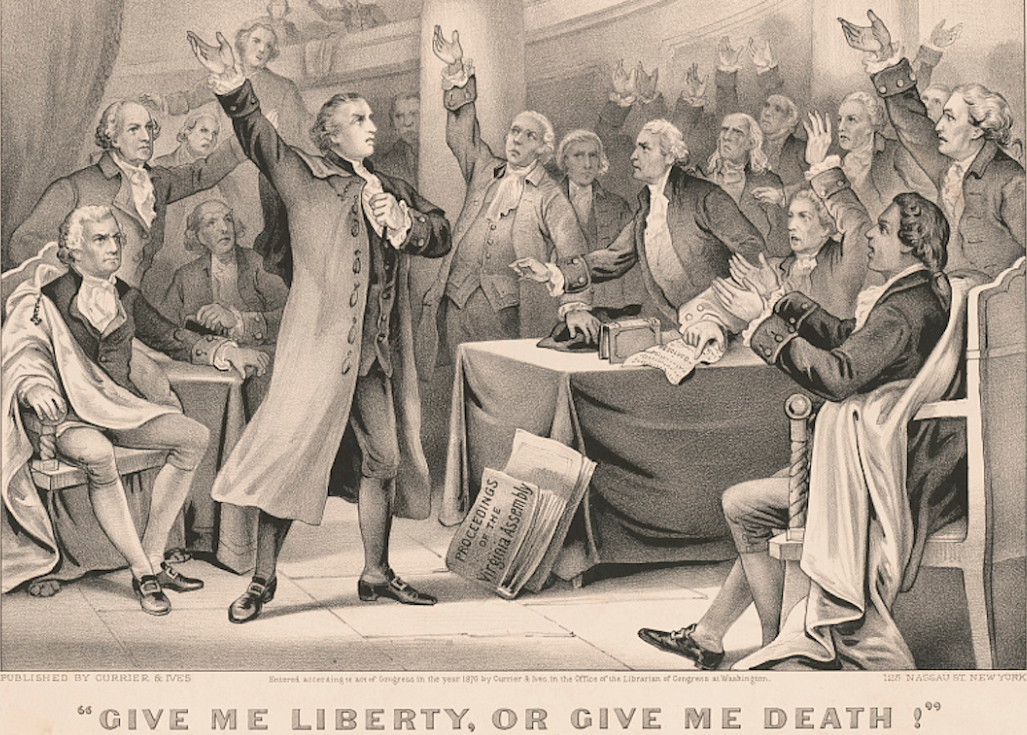

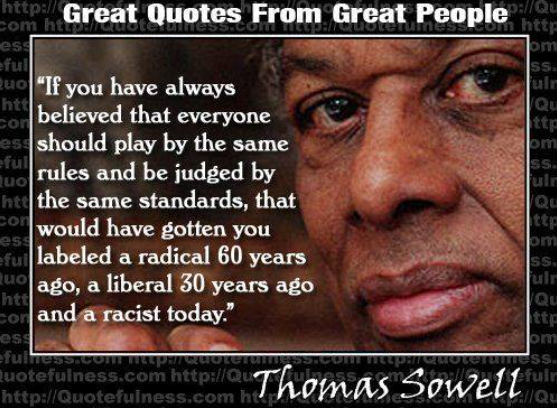
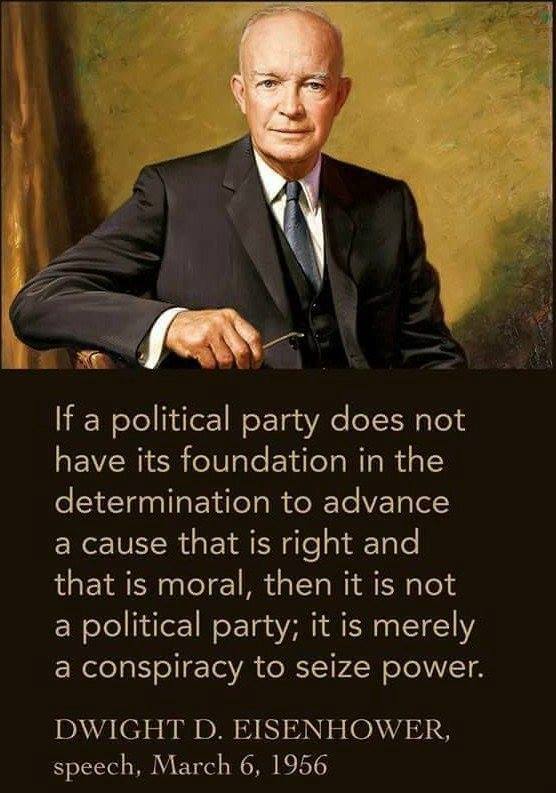
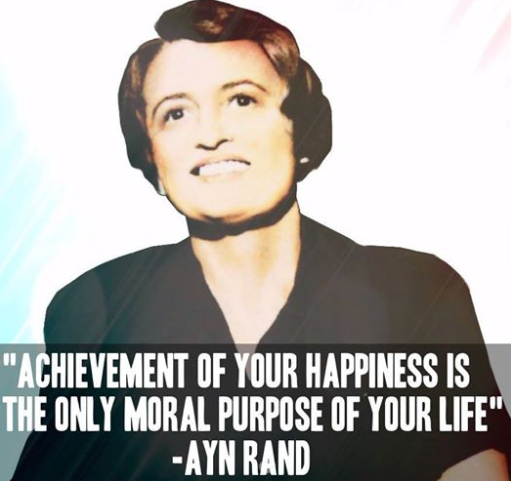



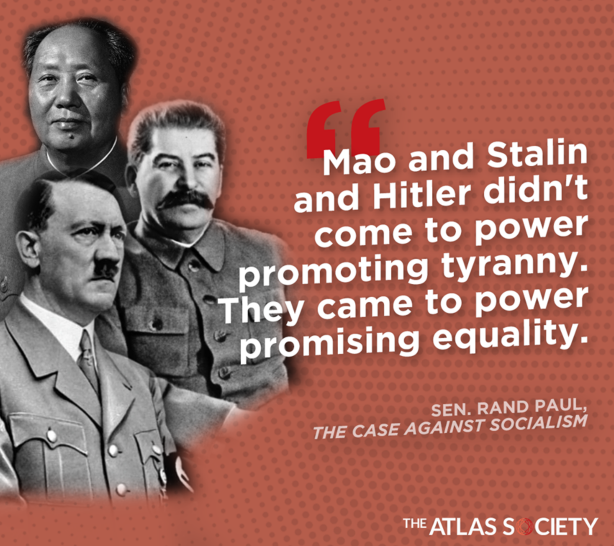


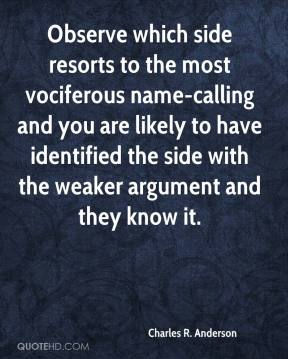





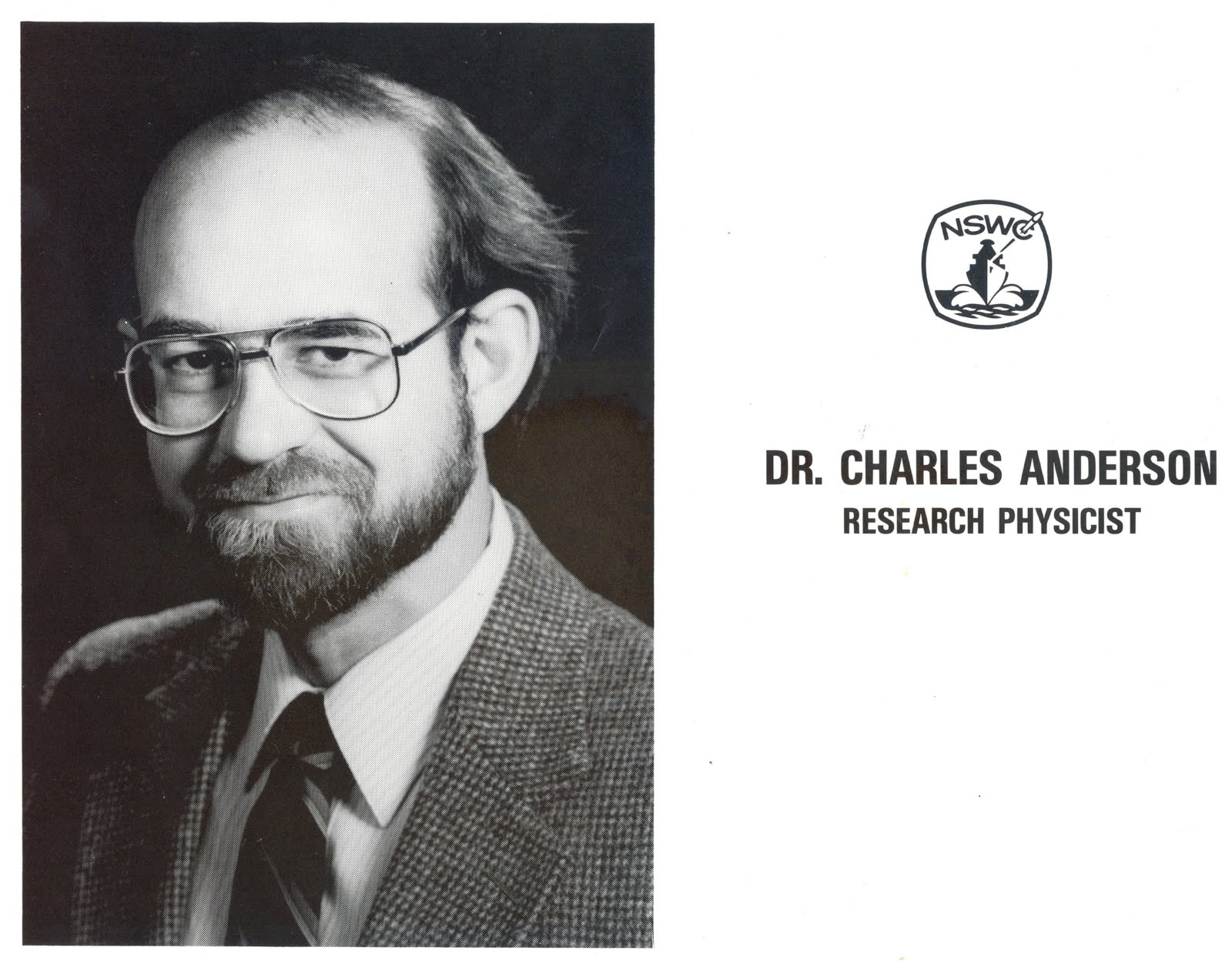





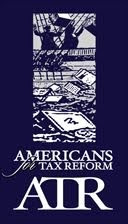













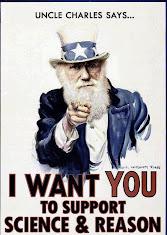














No comments:
Post a Comment